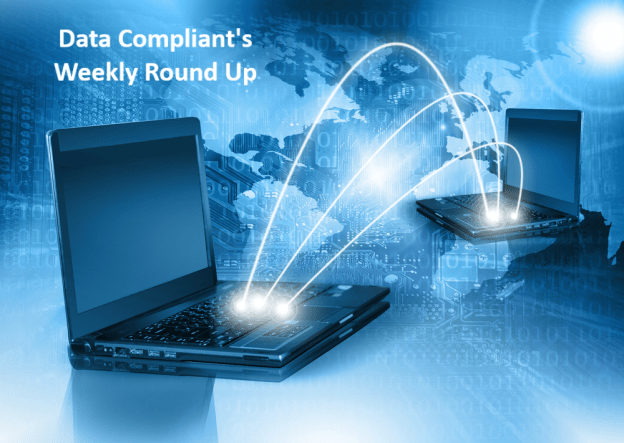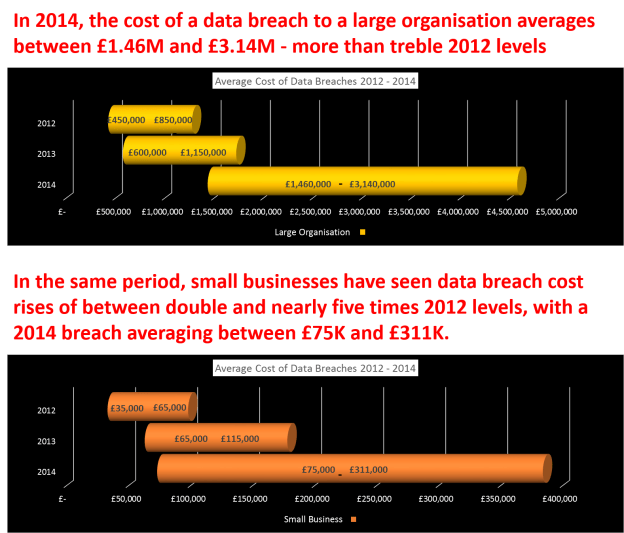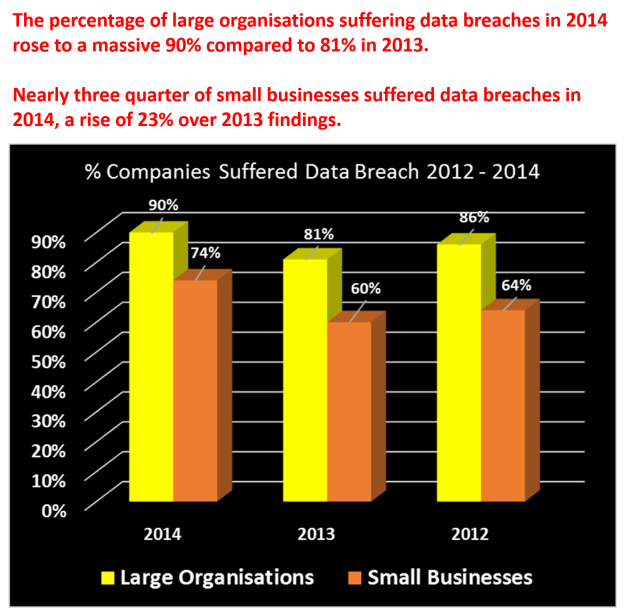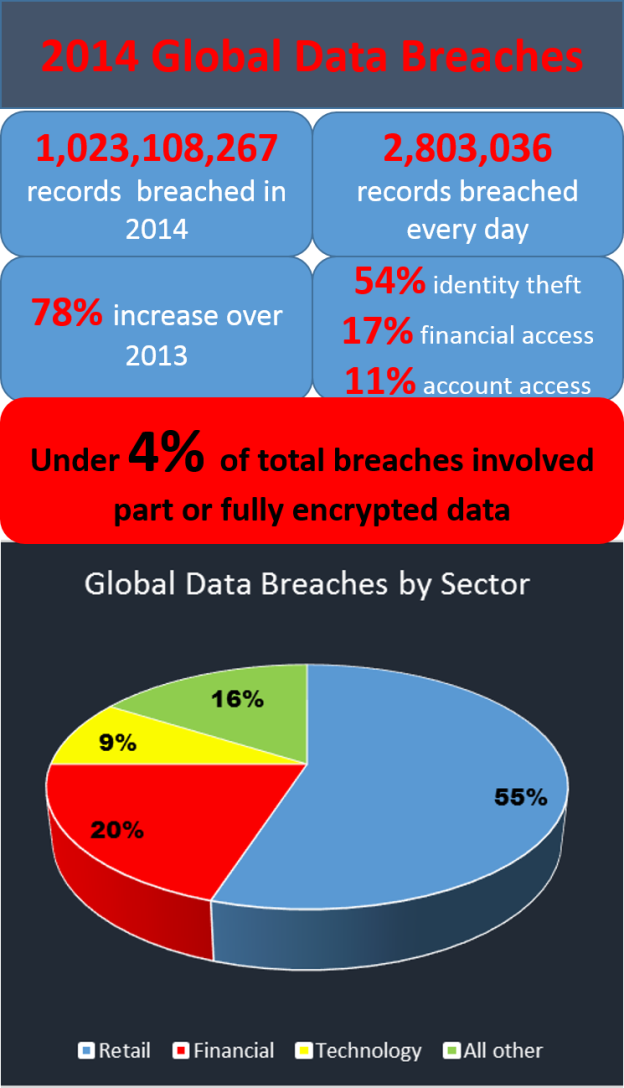Equifax data breach – hackers may have access to hundreds of thousands of British consumers’ personal details
The Information Commissioner’s Office (ICO) is investigating a hack on Equifax, a large credit rating agency based in Atlanta, USA, to find out whether and to what extent the company’s British consumers’ personal details have been obtained by the hackers. The FBI is also said to be monitoring the situation.
The cyberattack, reported earlier this month, occurred in May and July. The company has already admitted that 143 million American customers’ personal details have been obtained by the hackers.

400,000 UK customers may be affected by Equifax breach
The US information that the hackers may have accessed includes names, social security numbers, dates of birth, addresses and driving licence details, as well as over 200,000 credit card numbers.
The ICO told Equifax that the company must warn British residents of the data breach and inform them of any information relating to them which has been obtained by the cyber attackers. The credit agency promptly issued alerts to the affected Britons, stating however that an ‘identity takeover’ was unlikely.
Britons would do well to be mindful that, once a hacker has name, date of birth, email addresses, and telephone numbers, it takes little effort to acquire the missing elements, which is why the ICO has warned members of the public to remain vigilant against unsolicited emails and communications. They should also be particularly wary of unexpected transactions or activity recorded on their financial statements.
Shares in Equifax saw considerable reductions throughout the week, and two of the company’s senior executives, the Chief Information Officer and Chief Security Officer have resigned with immediate effect..
The Data Protection Bill 2017, which includes GPDR, has been published

GDPR is included in its entirety in the UK’s Data Protection Bill 2017, now going through Parliament
On 14th September, the Department for Digital, Culture, Media and Sport published the Data Protection Bill 2017. The Bill has been anticipated since the Queen’s speech in June, in which the government outlined its plan to implement the European-wide data protection game-changer GDPR into British law.
Culture secretary Karen Bradley explains: “The Data Protection Bill will give people more control over their data, support businesses in their use of data, and prepare Britain for Brexit. In the digital world strong cyber security and data protection go hand in hand. This Bill is a key component of our work to secure personal information online.”
While the Bill inculcates the GDPR, and therefore provides the basis for data-sharing and other adequacy agreements with the EU after Brexit, the government has stated that it managed to negotiate some ‘vital’ and ‘proportionate’ exemptions for the UK.
Some of the exemptions are provided for journalists accessing personal data to expose wrongdoing or for the good of the public; scientific and research organisations such as museums if their work is hindered; anti-doping bodies; financial firms handling personal data on suspicion of terrorist financing; money laundering; and employment where access may be neededs to personal data to fulfil the requirements of employment law.
The second reading of the Bill in Parliament will take place on 10th October, after which a general debate on Brexit and data protection takes place on the 12th.
As yet, there have been few critics of the proposed legislation outside certain industries whose use of big data makes them particularly susceptible to possible data protection breaches and massive fines (£17m or 4% annual global turnover). Some industry leaders have called for exemptions, including the private pension giant Scottish Widows, who claimed GDPR-level regulations would make it impossible for them to contact some of their customers without breaking the law. However, according to the government, 80% of Britons do not believe that they have control over their information online, and the Bill enjoys widespread support at this point. The Shadow Cabinet has yet to offer any official response or criticism.
Islington Council fined £70,000
The Information Commissioner’s Office (ICO) fined Islington Council £70,000 for failing to secure 89,000 peoples’ personal information on an online parking ticket system.
Design faults in the Council’s ‘Ticket Viewer’ system, which keeps CCTV images of parking offences, compromised the security of 89,000 peoples’ personal data. Some of this data is under the category of sensitive personal information, e.g. medical details disclosed for the sake of appealing against a parking fine.
Harry Smithson 23rd September 2017





















